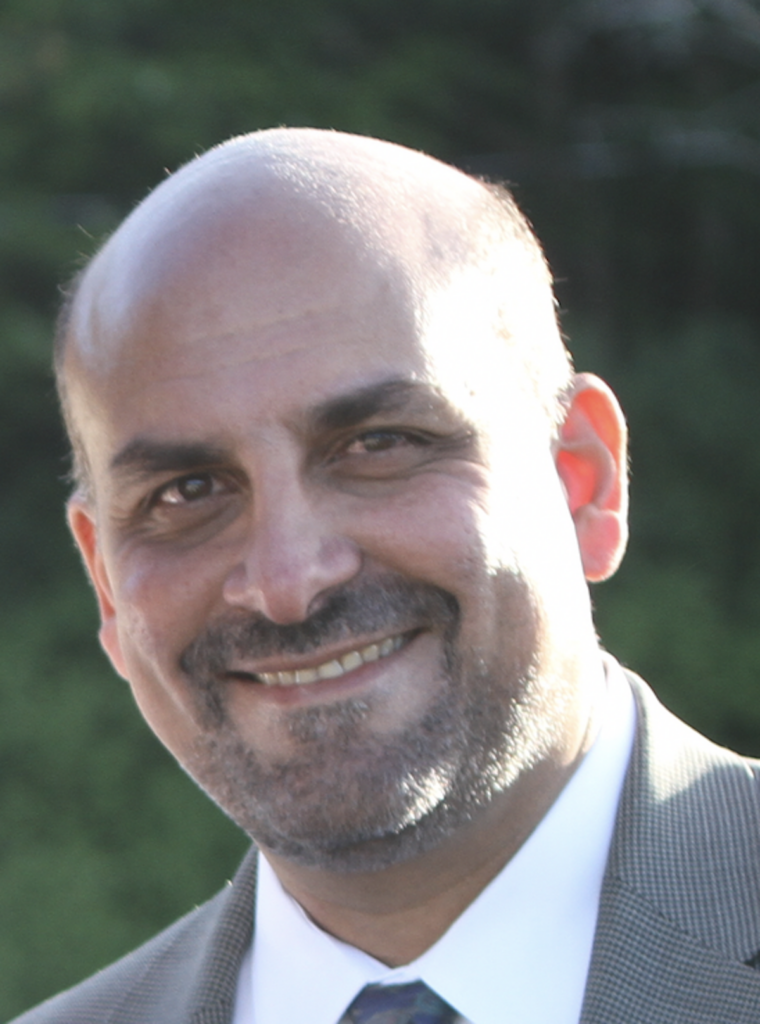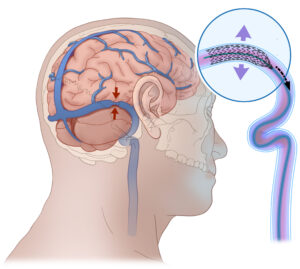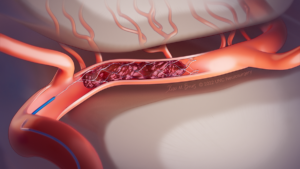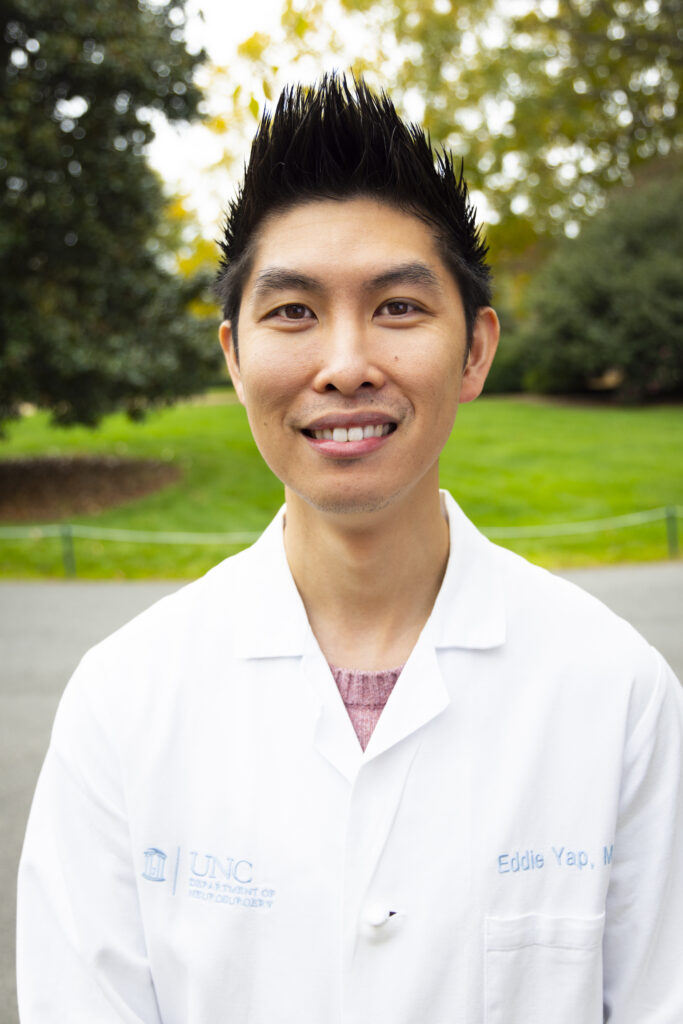

Carlos David, MD
Vice Chair of Education, Clinical Skills Lab
Division Chief, Cerebrovascular & Skull Base Surgery
Professor
UNC Health’s multidisciplinary cerebrovascular team offers surgical expertise in a wide range of procedures, from standard pathologies, such as AVM and aneurysm treatment, to more innovative treatments including venous sinus stenting for idiopathic intracranial hypertension, and middle meningeal artery embolization for chronic subdural hematoma.

Our team treats the following conditions:
Aneurysms
Arteriovenous Malformations
Arteriovenous Fistulas (AMVs/AVFs)
Carotid-Cavenous Fistulas (CCFs)
Cavernous Malformations (Cavemomas)
Acute ischemic stroke
Acute hemorrhagic stroke (ICHs)
IIH (Idiopathic Intracranial Hypertension
Benign Intracranial Hypertension (pseudotumor)
Carotid Stenosis
Intracranial Stenosis
Moyamoya Disease and Moyamoya Syndrome
Chronic Subdural Hematomas
Pulsatile Tinnitus
Subdural Hematoma
Cerebrovascular diseases are brain blood vessel blockages, bleeding, or other problems which disrupt the regular flow of blood to the brain. This deprives the brain of necessary oxygen, which can then cause damage to the brain. Brain aneurysms, stroke, and vascular malformations are all types of cerebrovascular disease.
| A cerebrovascular event such as a stroke or hemorrhage is a medical emergency and patients should be treated immediately. At UNC, we have adopted an open-access policy requiring that we will be able to open a bed for any patient in the state of North Carolina requiring emergent treatment for cerebrovascular disease, including spontaneous intracranial hemorrhage from an aneurysm or hypertensive crisis, and stroke. |
 |
A brain aneurysm can leak or rupture causing bleeding in the brain, which can be life threatening and requires immediate medical treatment.
Symptoms of a brain aneurysm rupture include a sudden, severe headache, nausea, stiff neck, vision trouble, seizure, confusion, weakness or numbness. If you experience any of these symptoms, please seek medical attention right away.
Aneurysms found on imaging that have not ruptured can be treated in a non-emergent timeline after discussing treatment options in our neurosurgery clinic.
Brain aneurysm treatment for each patient is determined by the size and location of the brain aneurysm. If surgery is indicated, our neurosurgeons offer two different surgical treatment options for patients with brain aneurysms. The type of procedure is determined based on the patient’s age, health, number of aneurysms, location of aneurysm, and relationship of the aneurysm to the other blood vessels.
The first is surgical clipping, a procedure performed to stop the flow of blood into the brain aneurysm to prevent it from rupturing. During the procedure, a metal clip is placed at the neck of the brain aneurysm to stop blood flow, which will then cause the aneurysm to shrink.
The second procedure is called endovascular coiling. Our neurosurgeons perform this procedure on patients with brain aneurysms when possible because it is less invasive than surgical clipping. Endovascular coiling can also be used to repair a ruptured aneurysm. Flow diverters may also be used to treat large brain aneurysms. Consult with your UNC neurosurgeon on which brain aneurysm treatment is right for you.
Stroke is the number 5 cause of death and is a leading cause of disability in the United States. A stroke affects the arteries leading to and within the brain and occurs when a blood vessel becomes blocked by a blood clot. Rupture of a blood vessel associated with the brain can also cause a stroke. If the brain cannot get enough of the necessary oxygen and nutrients carried by regular blood flow, brain cells die.
Warning signs of a stroke include sudden numbness or weakness, confusion, vision trouble, dizziness, and severe headache. Each of the symptoms of stroke come on suddenly and should be treated as emergent. If someone around you shows any of these symptoms, dial 9-1-1 immediately. Fast treatment is crucial in the survival and recovery of stroke patients.
Learn more about the signs and symptoms of stroke.
Stroke surgery is performed to restore normal blood flow to the brain. Following a stroke, surgery may also be recommended for high-risk patients to prevent another stroke from occurring. UNC Hospitals Comprehensive Stroke Center’s approach utilizes the expertise of a large group of physicians and staff with specialty training in the treatment of stroke.
The neurosurgery team is involved in the care of all patients with intracerebral hemorrhage that develop malignant intracranial hypertension, or increased pressure on the brain, who may require surgical intervention to prevent a stroke from occurring.
A mechanical embolectomy is often recommended for patients who have suffered an Ischemic Stroke, or a stroke caused by a blood clot. During the procedure, a small device is inserted into the artery to remove the blood clot and restore normal blood flow to the brain.
In addition to surgical stroke treatment, stroke patients will likely be referred to rehabilitation, physical therapy, and occupational therapy for additional treatment.
You can reduce your risk of developing cerebrovascular disease through regular exercise, a healthy diet, managing your weight, refraining from smoking, limiting alcohol intake, and by maintaining healthy blood pressure and cholesterol levels.
If you would like to make an appointment with one of our neurosurgeons, please call 984-974-4175 to schedule.


Vice Chair of Education, Clinical Skills Lab
Division Chief, Cerebrovascular & Skull Base Surgery
Professor


Assistant Professor
Wellness Coordinator
Rhonda Cadena, MD
Winnie Lau, MD
Casey Olm-Shipman, MD
Michael Wang, MD
James Ho, MD